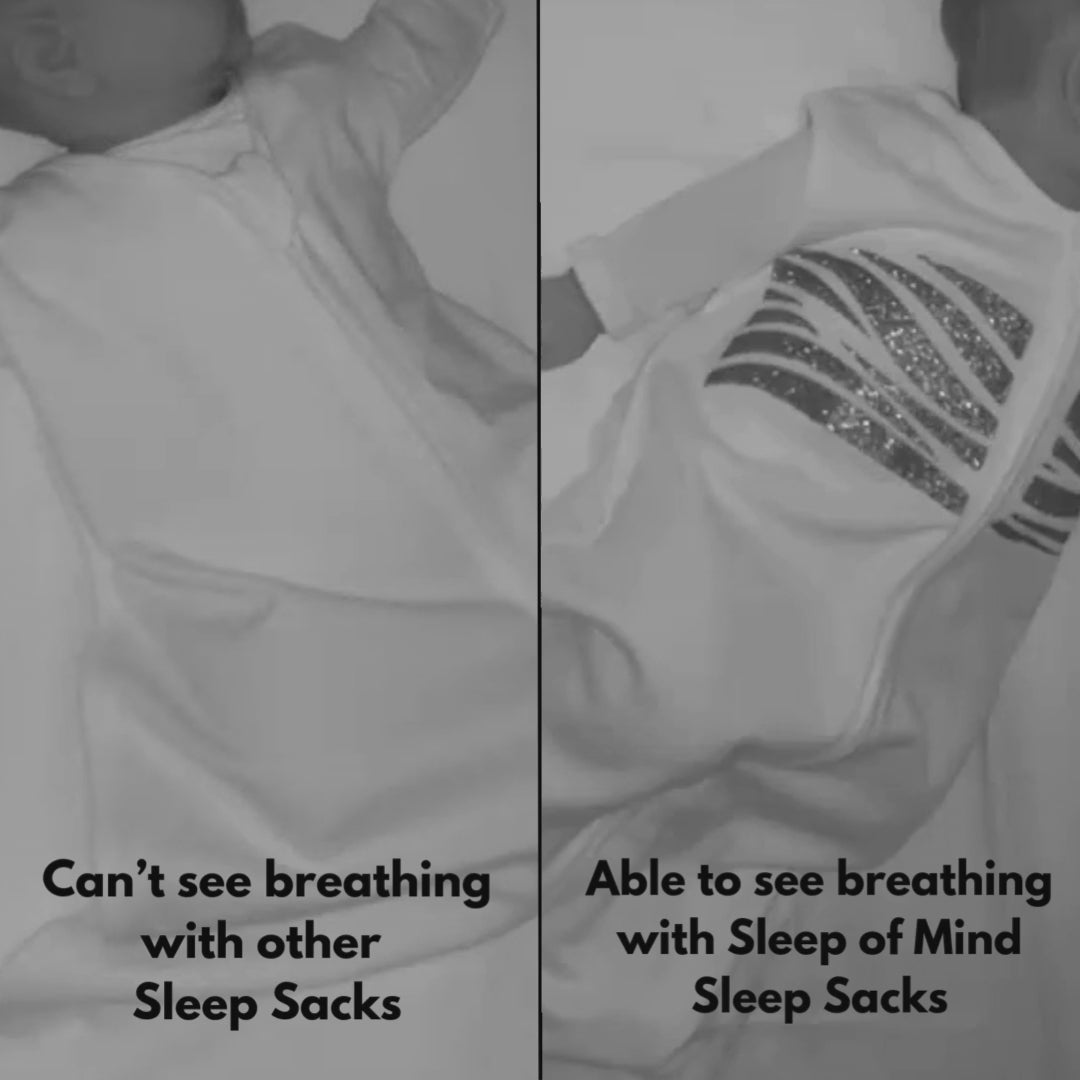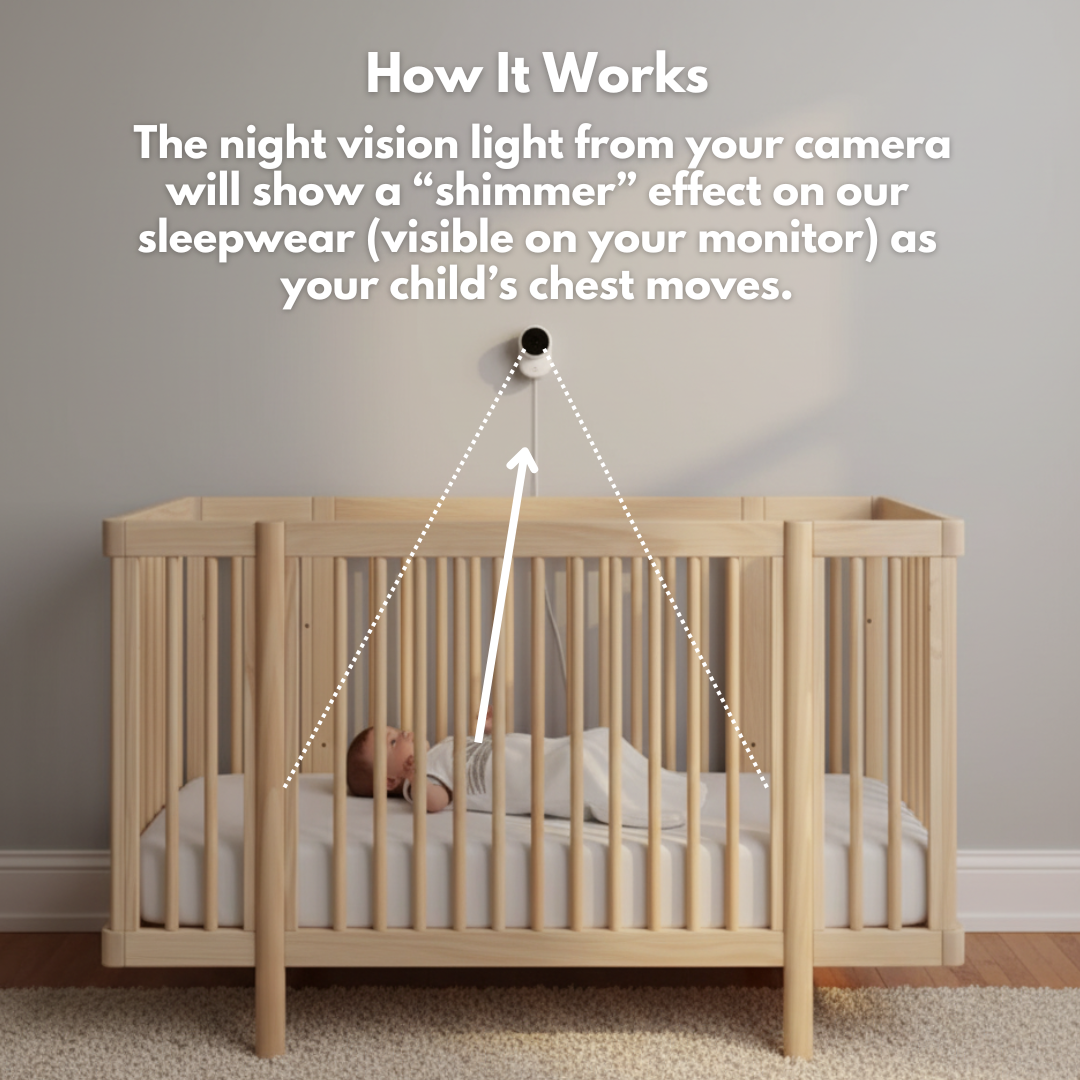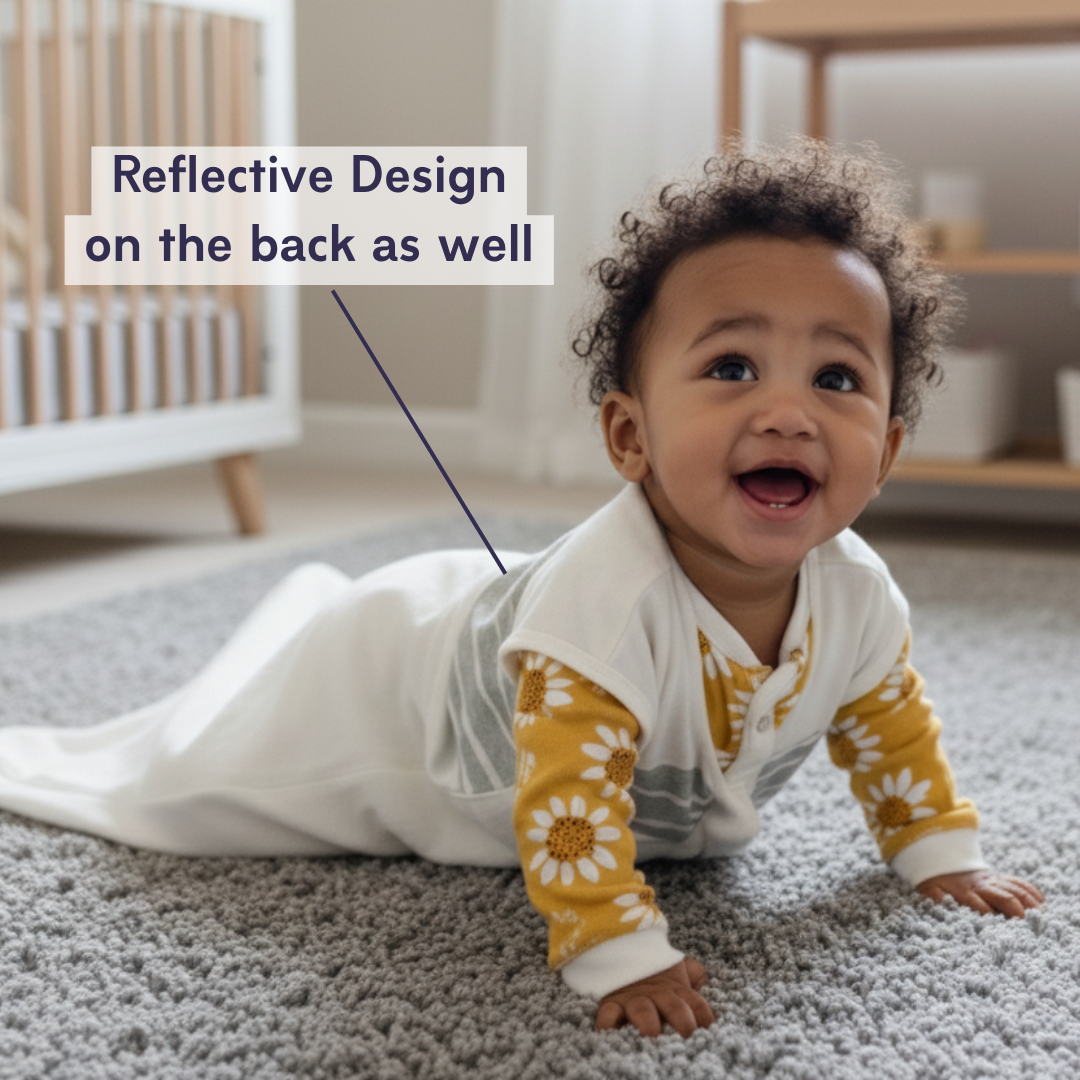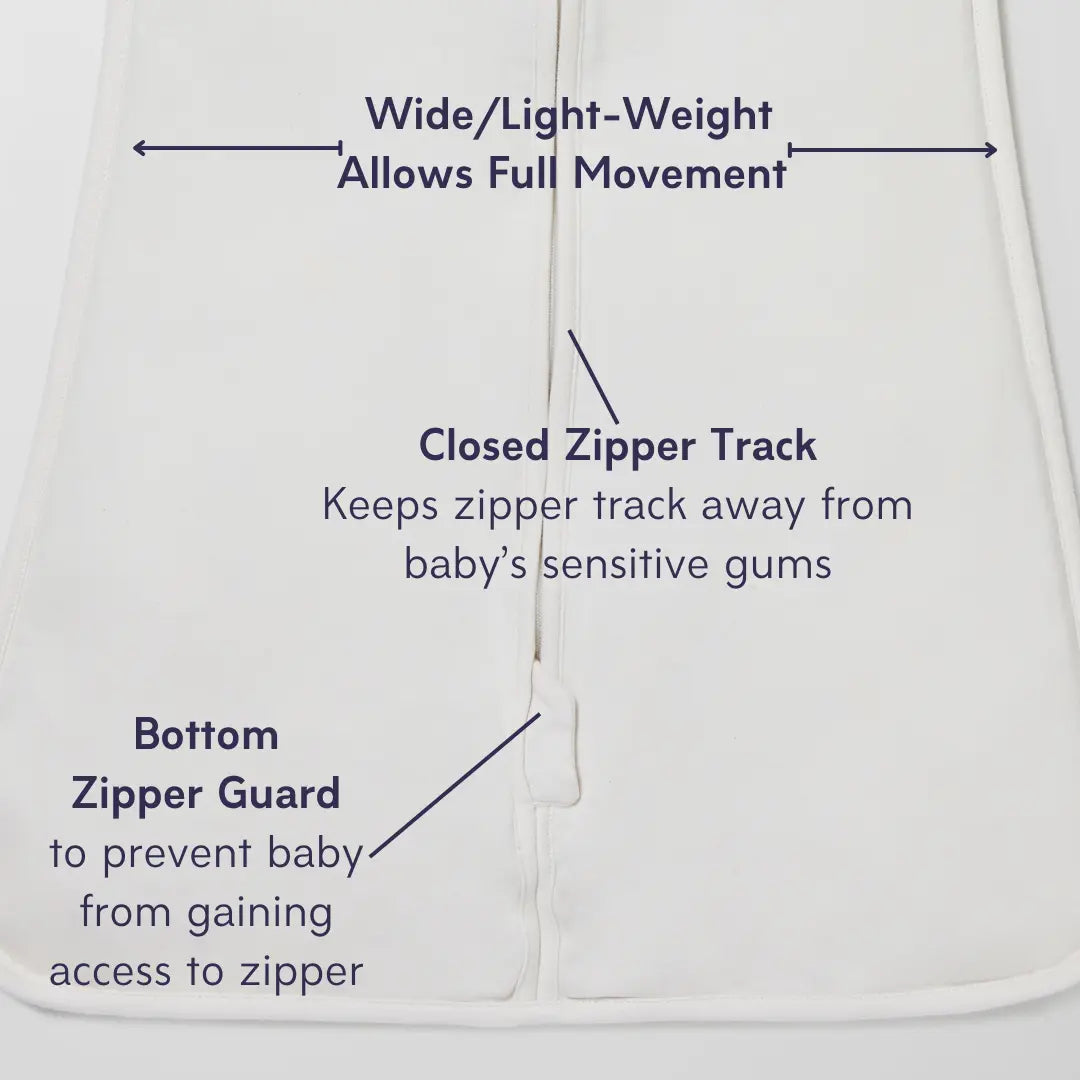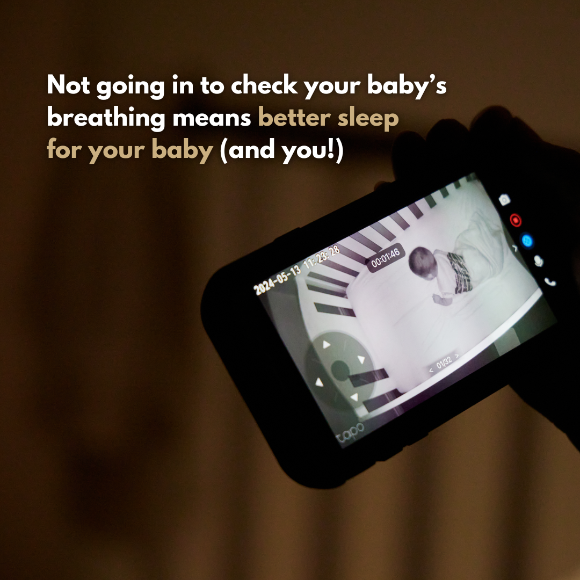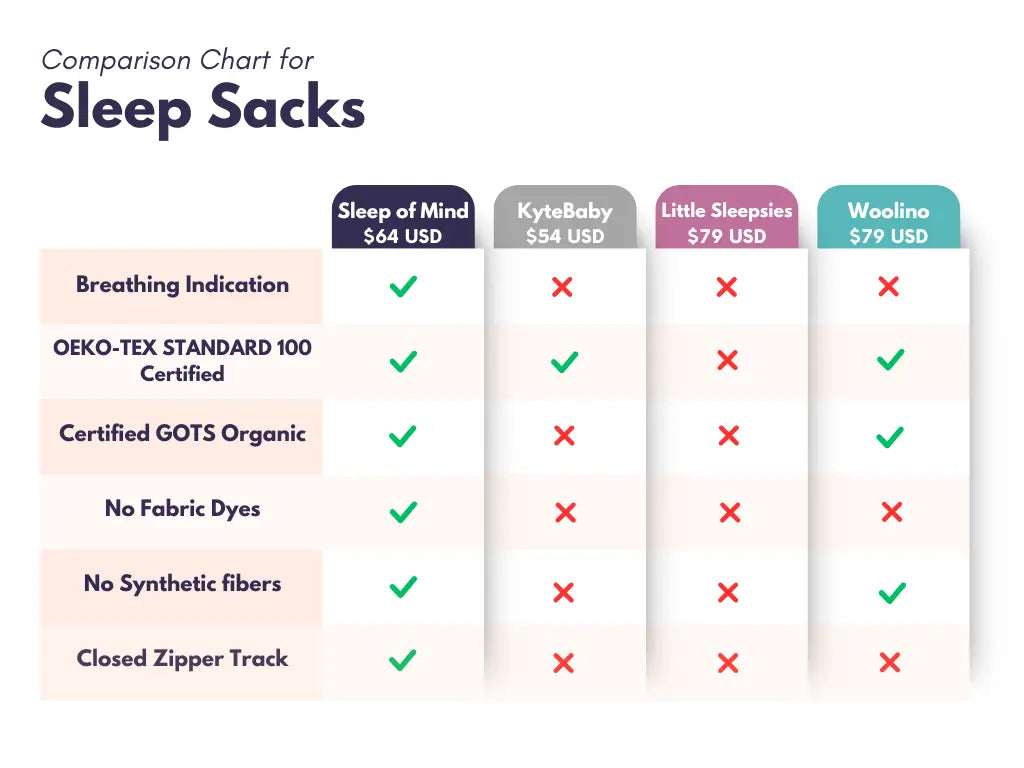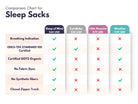If you’ve got a baby or toddler, you know how precious a good routine can be. When the clocks fall back an hour, what used to be a perfectly balanced sleep schedule can suddenly feel off. The shift may cause your baby to wake earlier, become overtired before naps, or struggle to settle at bedtime. The good news? With a few simple adjustments, you can help your little one’s body clock smoothly adapt to the time change.
Why This Change Matters
Your baby’s internal rhythm—known as their circadian rhythm—is built on consistent patterns of light, dark, and predictable sleep times. When the clocks move back, your baby’s body doesn’t automatically shift with it. That’s why some babies end up waking at 5 a.m. instead of 6 a.m., or getting tired much earlier in the evening. The goal is to gently guide their schedule to match the new time without disrupting healthy sleep habits.
Three Ways to Adjust Your Baby's Schedule
There are three main ways to help your baby adjust.
Option 1: Gradual Shift (Start a Few Days Before)
The Thursday leading up to the time change, move your baby’s entire schedule 15 minutes later each day. This includes wake-up time, naps, and bedtime. For example, if your baby normally goes to bed at 6:30 p.m., then Thursday it would be 6:45 pm, Friday it would be 7:00 pm, Saturday it would be 7:15 pm, and then Sunday (when the time shift happens) you'll be back to your regular 6:30 pm bedtime. This option works beautifully if you like to prepare in advance and want to keep things seamless. This also makes the most sense for young babies (since they are much more affected by lack of sleep) and babies who are very sleep sensitive.

Option 2: Weekend Adjustment
If you didn’t plan ahead, just push the entire schedule later by 30 minutes on Saturday, then Sunday operate as usual in the new time. This is good for toddlers who aren't as sleep sensitive as babies. If your child seems truly exhausted, don’t force them to stay up—just follow their cues. They’ll adapt within a few days.
Option 3: Keep the Same Schedule
You can also choose to change absolutely nothing. Keep your baby’s naps and bedtime at the same clock times you’ve always used. For example, if bedtime is 7:00 p.m., keep it at 7:00 p.m. even after the time change. This option works best for parents who prefer simplicity and don’t mind a week of early mornings while the body clock adjusts on its own.
Note, if your baby is already not sleeping well, this isn't a good method as it will only create more sleep debt and most likely a more difficult to resolve early morning wake.

For newborns (0–4 months), there’s no need to overthink it. Their sleep cycles are still developing, and their schedules aren’t tied tightly to the clock yet. Simply follow their sleepy cues and regular wake windows. If bedtime starts drifting too early after the change, you can add a short evening cat nap or gently extend wake time by a few minutes to help align with your preferred schedule.
Here are a few practical tips to make the transition smoother:
Keep your bedtime routine consistent
Familiar steps—like a warm bath, feeding, and a few quiet minutes before bed—signal that sleep time is near, no matter what the clock says.
Use light to your advantage
Get outside in the morning or open curtains for natural light to help reset your baby’s internal clock. In the evening, keep things dim (no screens) to cue the body for rest.
Make the room pitch black in the morning
As mornings become brighter earlier, consider blackout shades to prevent early waking. Stay patient and consistent. It typically takes about a week for most babies to fully adjust (if not already sleep deprived). Stick to your routines, follow age-appropriate sleep schedule, give an earlier bedtime for a couple weeks if your child is waking early, and give your baby—and yourself—grace during the transition.
The fall time change can feel disruptive, but with a little planning—and plenty of grace—you can keep your baby’s sleep on track. Whether you choose a gradual adjustment, a weekend tweak, or no change at all, remember that consistency and calm are key.
Need help?

If you're struggling with the time change or have other sleep struggles, contact us at info@sleepofmind.com and we will put you in touch with a Certified Sleep Expert. Because every family deserves awesome sleep.



